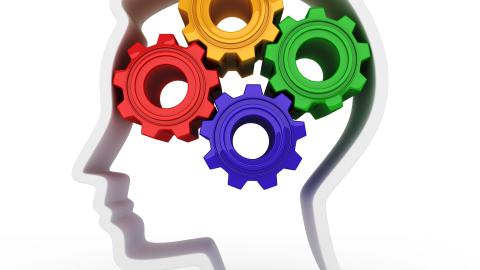Alas, Brain-Training Games Do Not Work

What’s the Latest Development?
In America, brain-training games have become a multi-million dollar industry that has infiltrated schools and nursing homes, i.e. our most vulnerable citizens. A meta-analysis of the most robust studies on brain games has reached, however, a disturbing conclusion: “The games may yield improvements in the narrow task being trained, but this does not transfer to broader skills like the ability to read or do arithmetic, or to other measures of intelligence. Playing the games makes you better at the games, in other words, but not at anything anyone might care about in real life.”
What’s the Big Idea?
There is another school of thought that asks “What’s the harm?”. Perhaps if brain-training games make people feel smarter, they will be encouraged to use their intellectual power with less insecurity, resulting in a measurable increase in intelligence. Zach Hambrick, associate professor of psychology at Michigan State University, disagrees: “If you are doing brain training for ten hours a week, that is ten hours a week you are not doing something else, like exercising. It also gives people false hope, especially older adults for whom this is a big concern. What if they do this and they don’t see any benefits? What do you think? You think, ‘There must be something wrong with me,’ or ‘I am a lost cause.'”
Photo credit: Shutterstock.com





